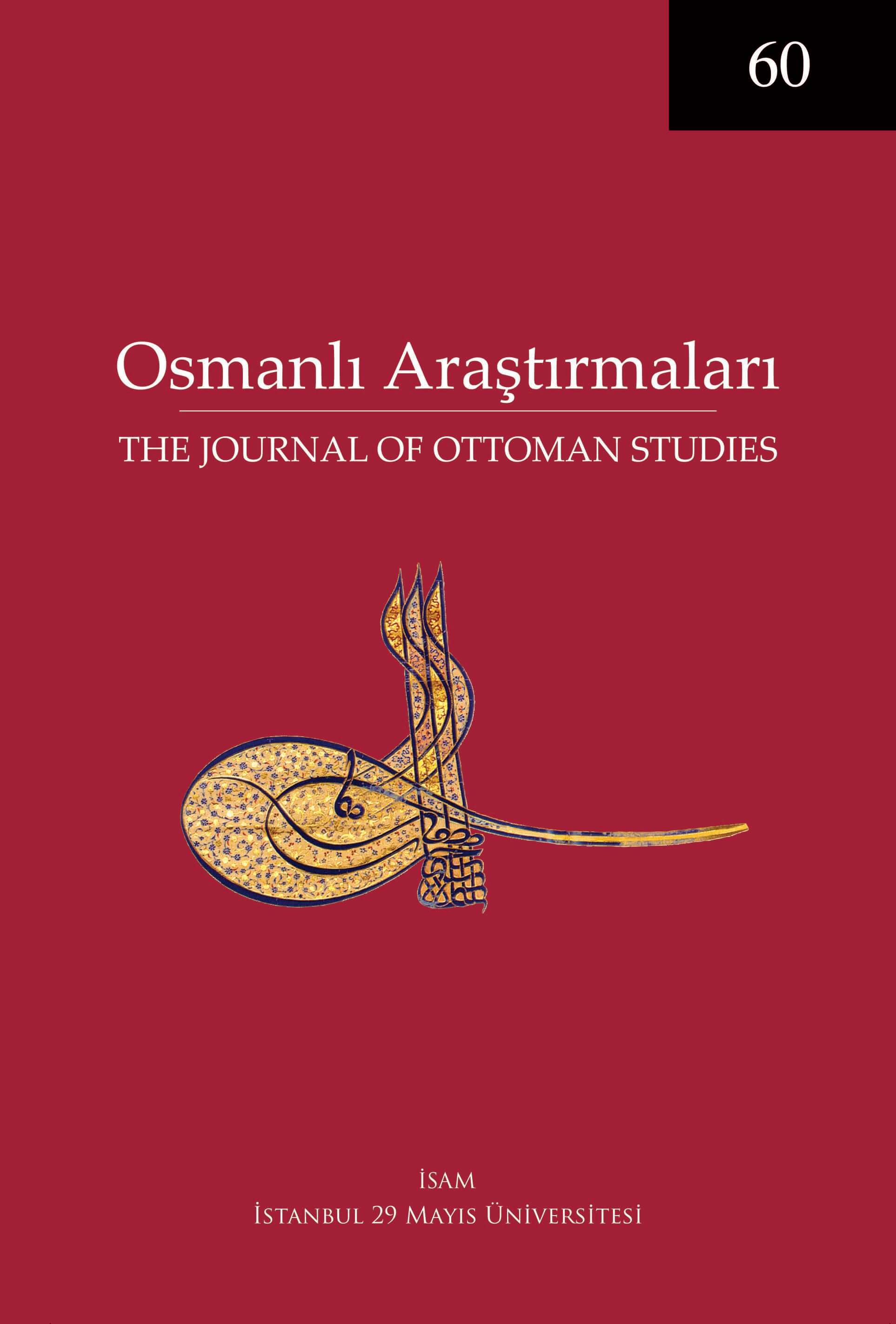A Surviving Composition from the Ancient Musical Tradition: Mahur Kâr
Keywords:
Classical Turkish Music, Tradition, Repertoire, Performance, Transmission (meşk)Abstract
It has been commonly argued that classical Turkish music was reshaped from the middle of the 17th century onwards with a different style from earlier periods. No connection has so far been established between the repertoires of this tradition, which have survived to our present time, and the 15th-century music which is referred to in the academic literature as the ‘antecedent tradition’. It is claimed that the existing melodies that are said to belong to 15th-century composers, especially Abd al-Qadir al-Maraghi, were composed much later and attributed to earlier famous composers in order to establish a connection with the ancient tradition, which had become obsolete by that time. This article demonstrates that Mahur Kâr, a piece that has reached our time as a Maraghi composition, is at least five centuries old. Through a detailed analysis carried out on different copies of Mahur Kâr, the only vocal piece surviving from the ancient tradition, it revisits a number of arguments in the literature regarding the historical transformation of Turkish music. A concrete link between the music that took shape in the Ottoman cultural sphere during the 17th century and the classical repertoire of the 15th century is established for the first time.




